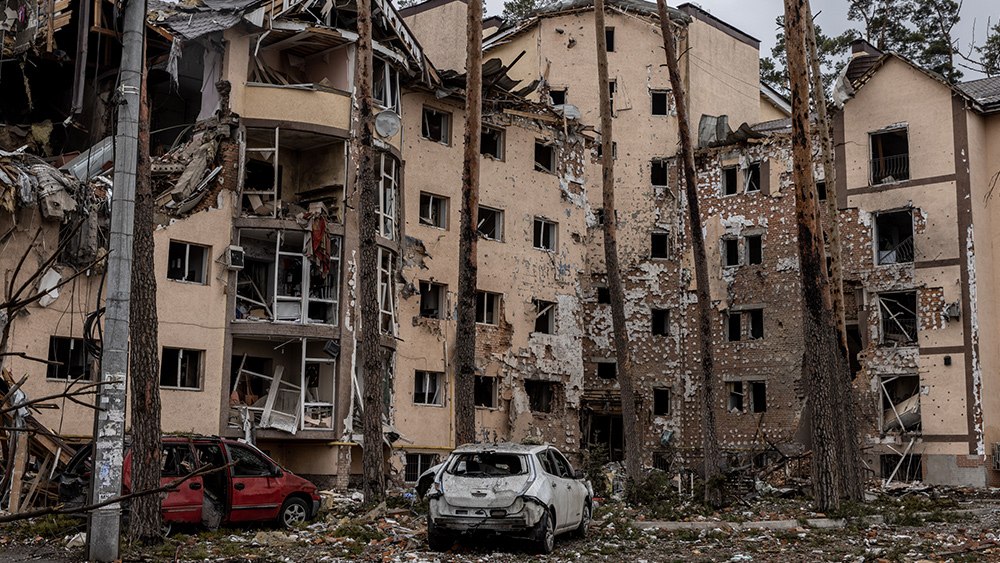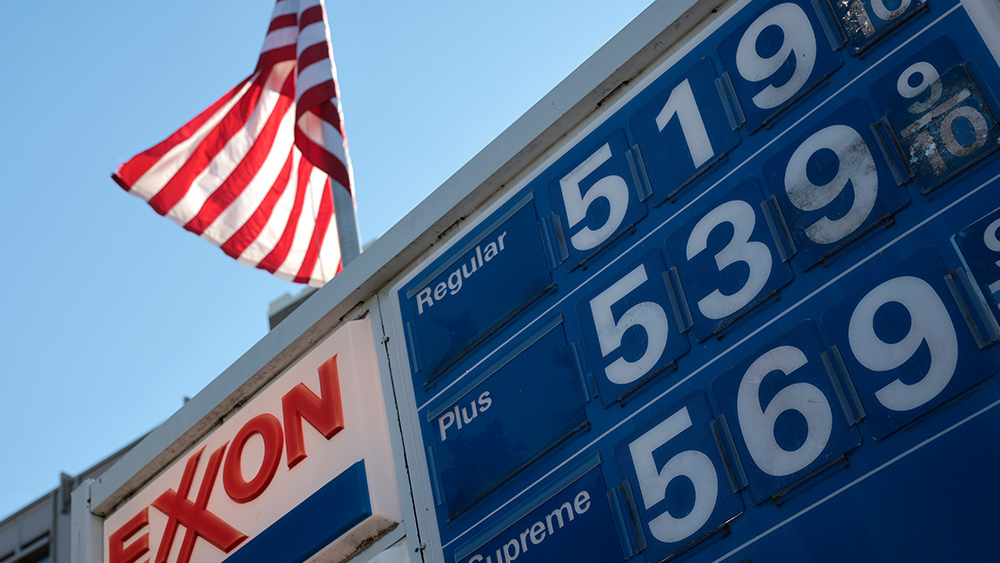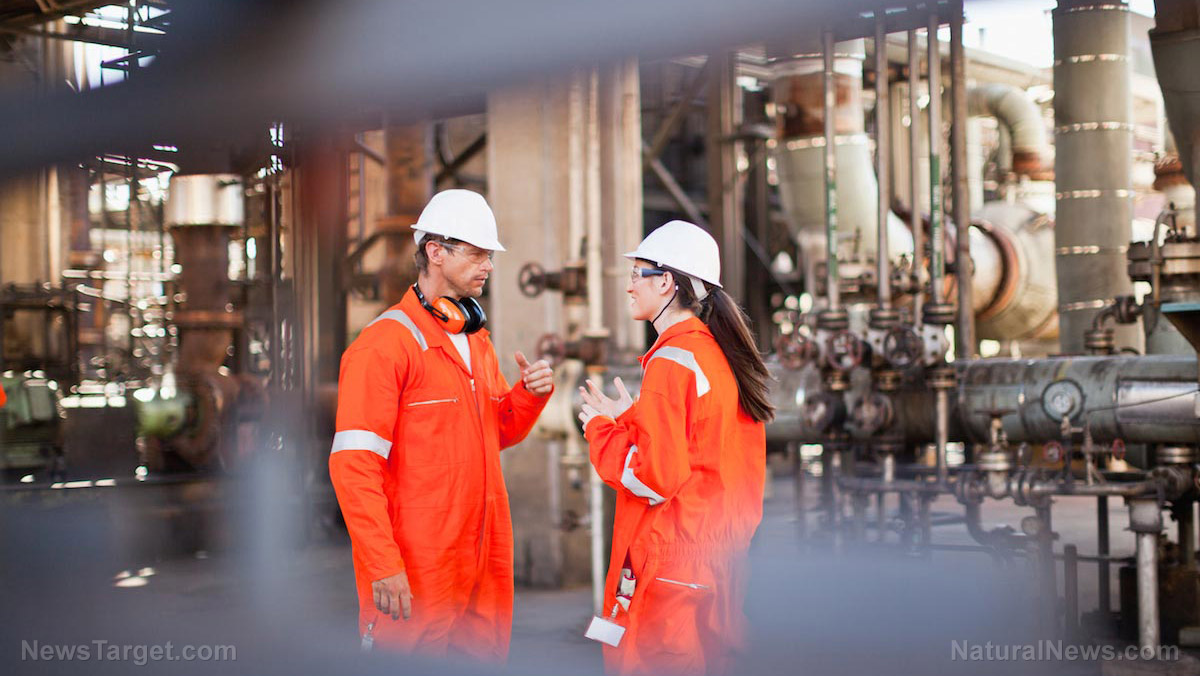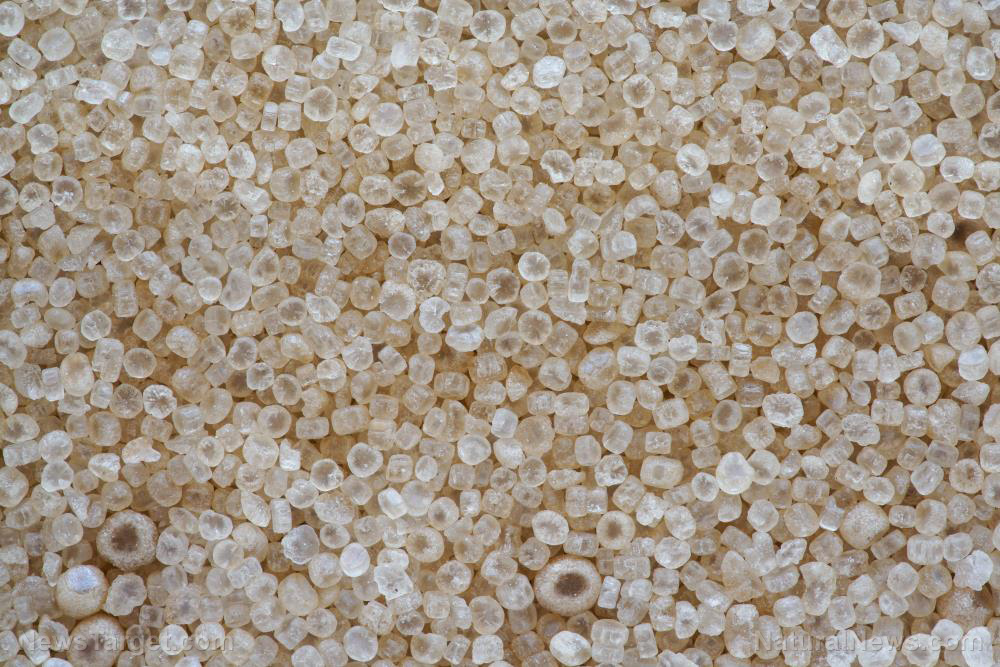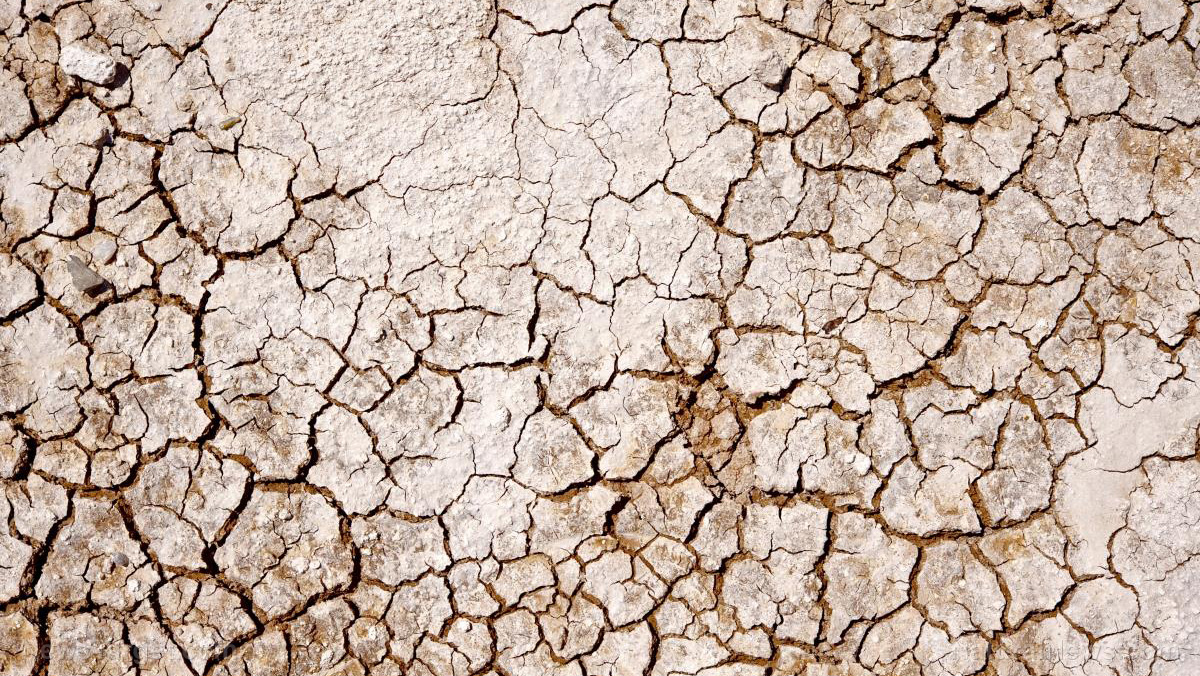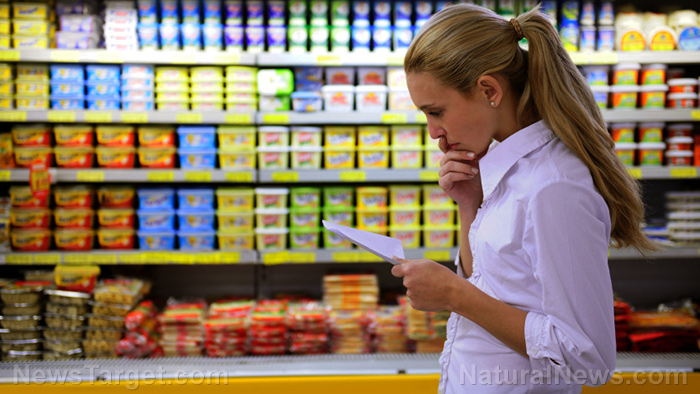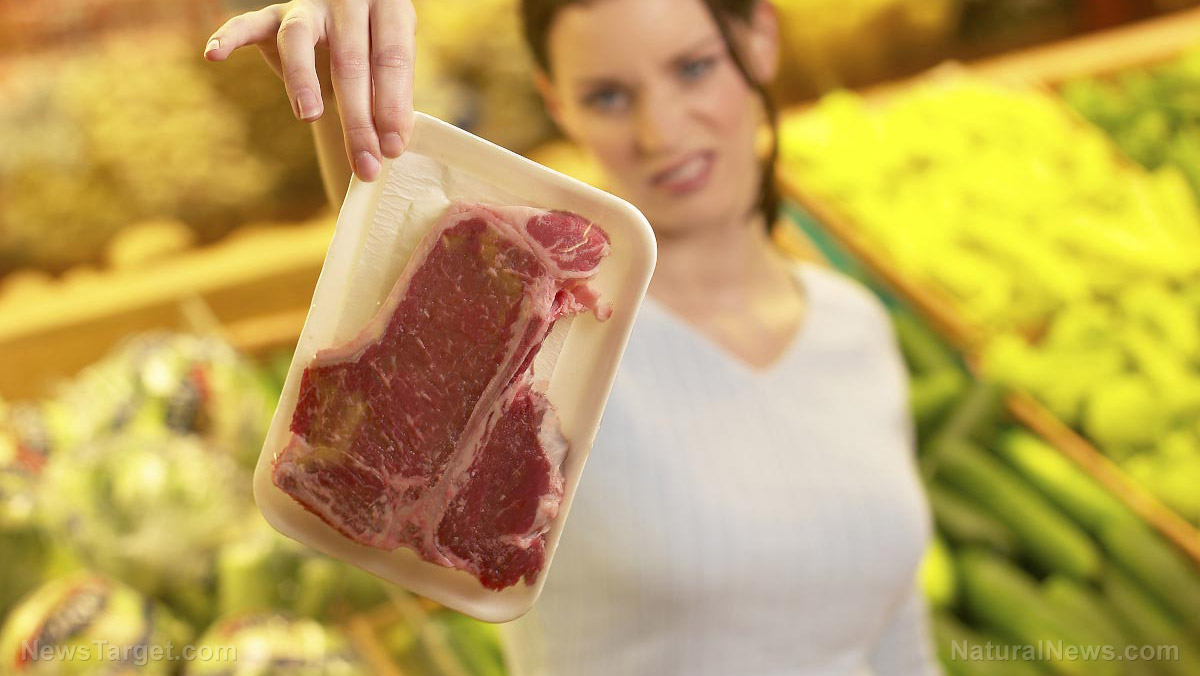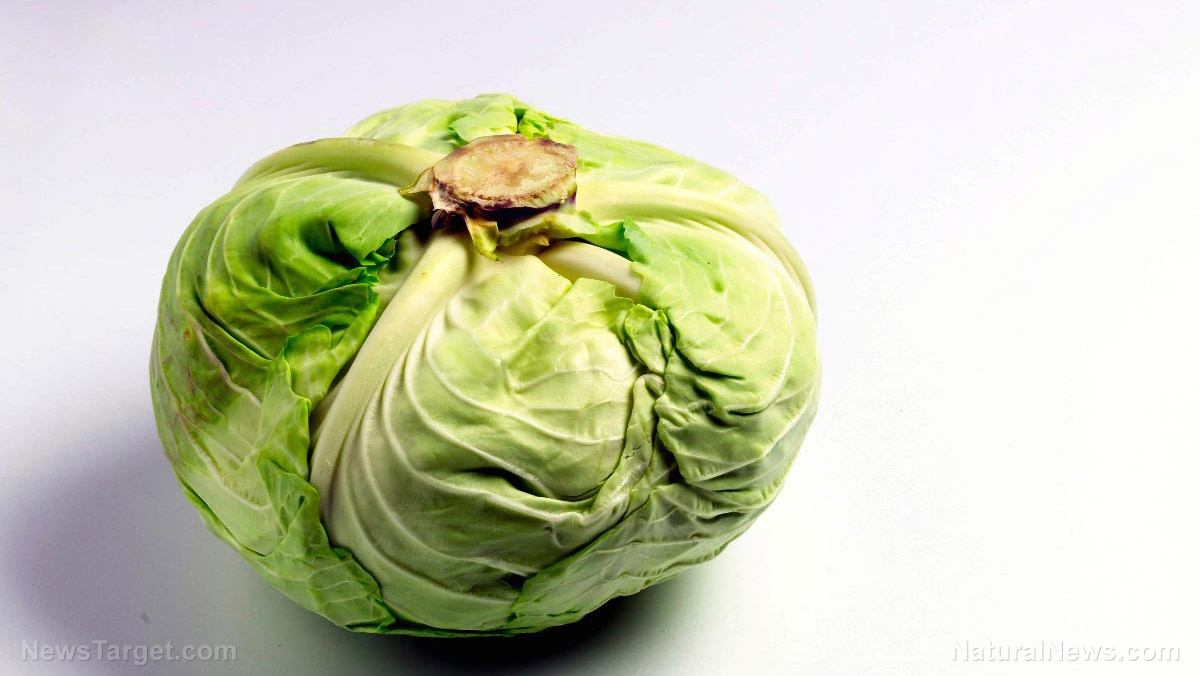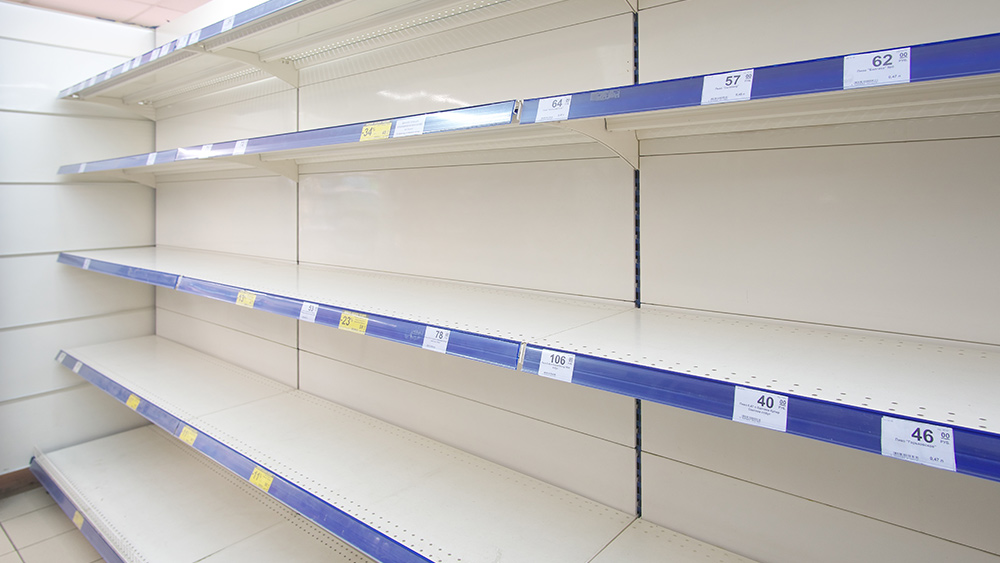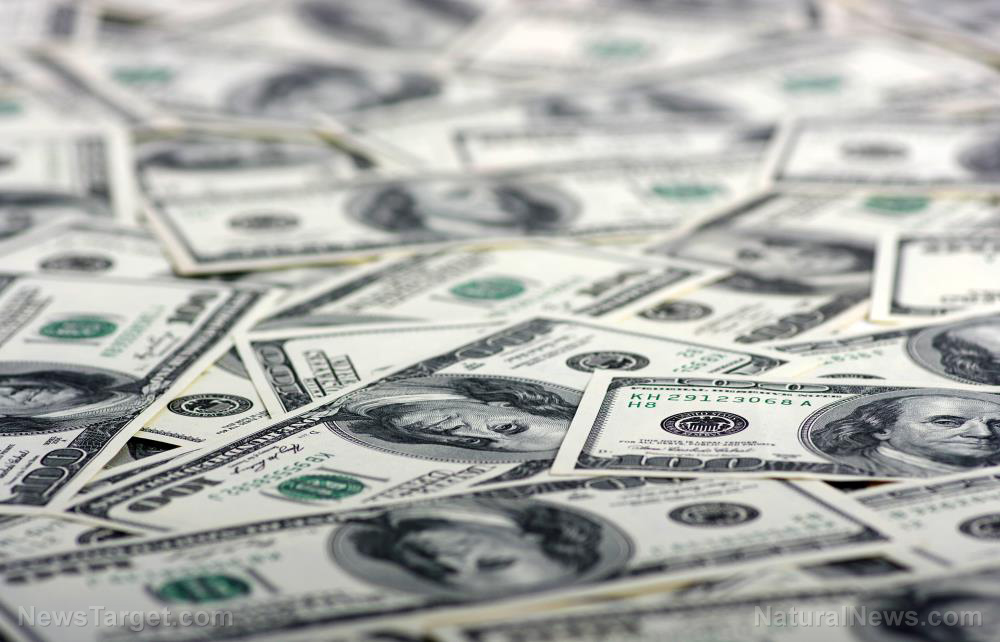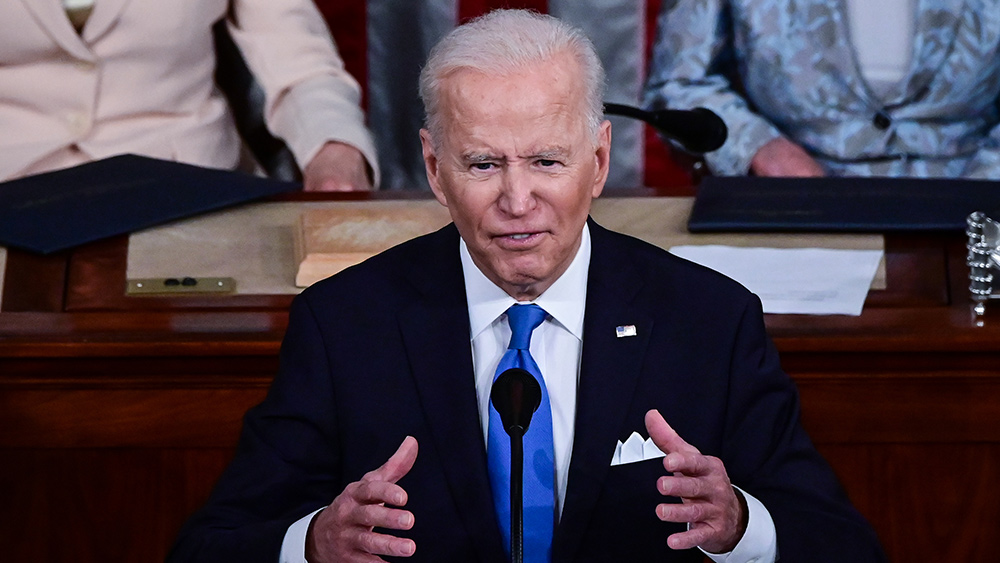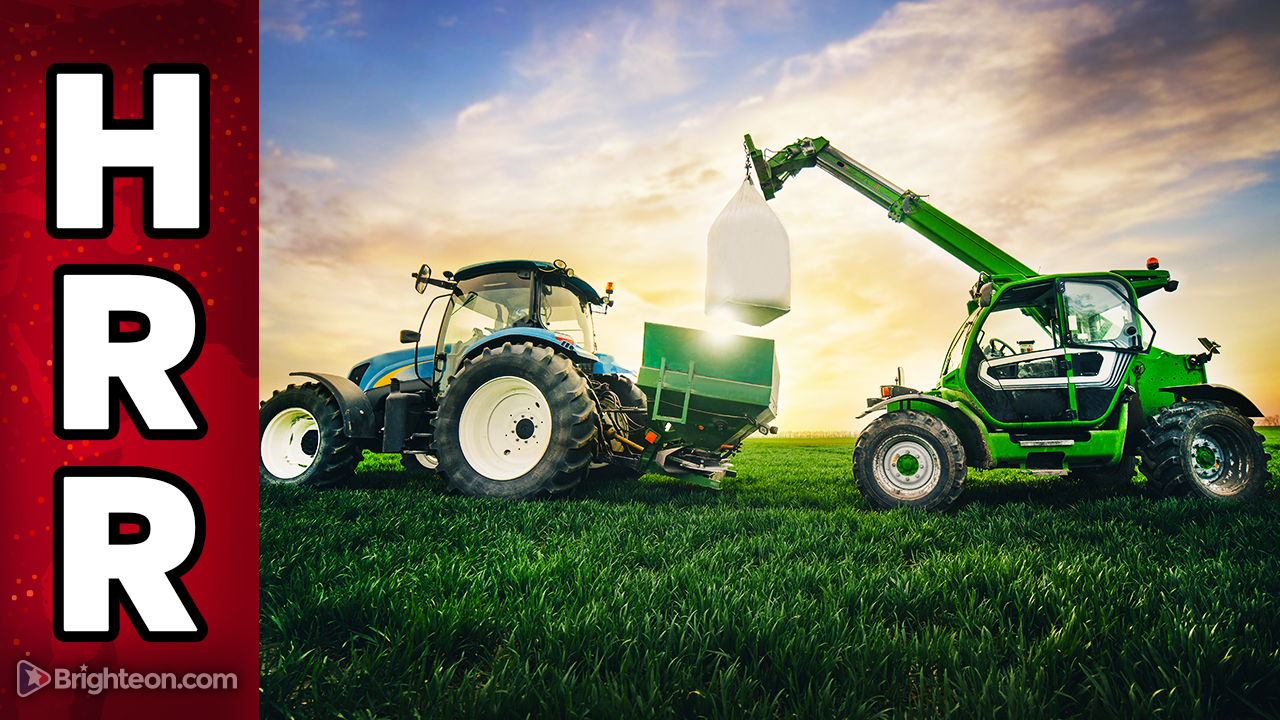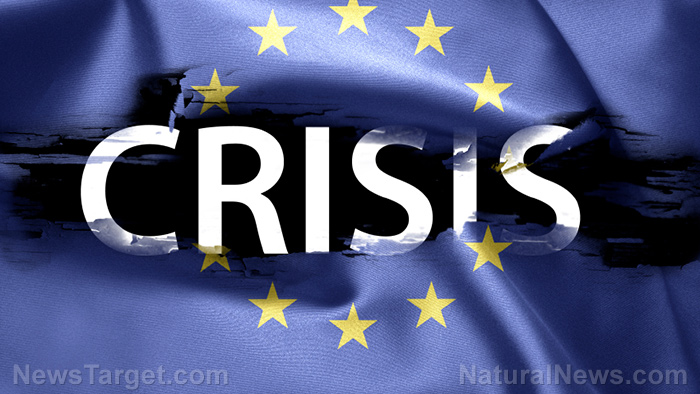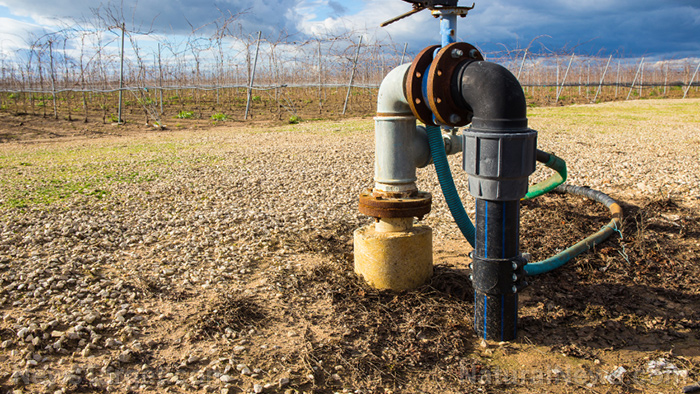Global food and fertilizer supply crisis gives Russia significant leverage
06/09/2022 / By Arsenio Toledo
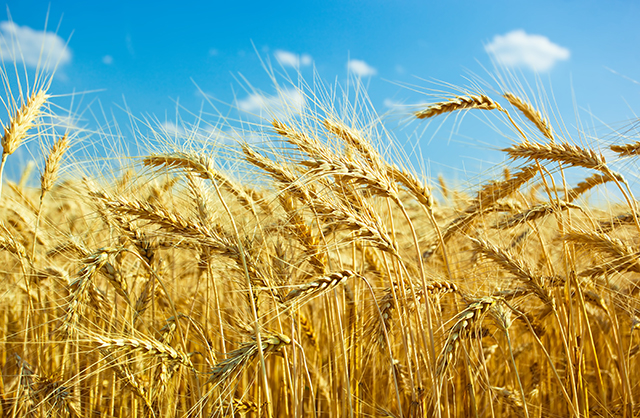
Russia’s large stores of fertilizer could give it significant leverage during the global food and fertilizer supply crisis.
Since the invasion of Ukraine in late February, international food prices have risen by 30 percent. In the United States, food prices have risen 10 percent over the last year.
Western economic sanctions heaped upon Russia following the invasion, along with the country’s own export restrictions in retaliation to the sanctions, could further drive up the cost of food and fertilizer for Russia’s benefit. (Related: West blames Putin for global food crisis after sanctioning Russia, preventing Russian food and fertilizer exports.)
“If the fertilizers don’t flow, then the world will produce less,” warned United Nations Food and Agriculture Organization Chief Economist Maximo Torero. “That’s why we’re saying that next year we could have a problem of food availability, and also of food access like what we have today.”
Torero said countries will likely try to stretch out their fertilizer supplies by using less of it, resulting in lower crop yields.
“That’s what will create the problem of food availability [in addition to] food access,” said Torero. “That’s what worries us, that’s for us the most dramatic scenario and that’s what we need to avoid.”
Russian fertilizer exports could save crops everywhere
Many countries all around the world are reliant on Russian fertilizer. Even the United States relies heavily on nitrogen-based fertilizers coming out of Russia and Belarus, which was also heavily sanctioned for its support for Russia in its invasion of Ukraine. Other countries that are heavily dependent on fertilizer from the two countries include Singapore, Mongolia and Panama.
If the West were to drop its sanctions on Russia, it could help save crops all over the world. Evidence proving this can be found in Brazil, where Agriculture Minister Marcos Montes said the 2022-2023 grain crop was “saved” after Russia was able to export fertilizer to the South American nation.
Faced with supply uncertainties related to the severe economic sanctions against Russia following the invasion, Montes said the Brazilian government reached out to its counterparts in Moscow to secure fertilizer shipments.
Brazil imports over 85 percent of its fertilizer. It has purchased 16.64 million tons of fertilizer through May, a massive increase of 16.5 percent from the same period in 2021. Russia is Brazil’s number one supplier, having sold the country 3.06 million tons of fertilizer.
In the Port of Santos and the Port of Paranagua, the two largest ports in Brazil, record imports of fertilizer have filled allocated storage spaces.
The normalization of fertilizer supplies in Brazil has meant a decline in record-high fertilizer prices, which soared following the sanctions placed upon Russia and the constricting global supply.
Despite the decline in fertilizer prices, many Brazilian farmers still aren’t buying. According to Marina Cavalcante, an analyst on Bloomberg, many are waiting for further price cuts as more fertilizer imports enter the country.
“Farmers have the expectation that prices will keep falling after declines last week and in the previous one,” said Cavalcante. “So they’ll wait for further decreases to buy.”
Farmers can delay their purchases for a few more months if they are planting soybean, which seeds in September. But if they wait too long, a last-minute rush in fertilizer purchases could lead to transportation bottlenecks and price increases that could leave some empty-handed and others with not enough fertilizer.
Keep updated on the global fertilizer shortage at FertilizerWatch.com.
Watch this episode of “The American Journal” from InfoWars as host Harrison Smith talks about a train derailment in Canada that destroyed several tons of fertilizer.
This video is from the InfoWars channel on Brighteon.com.
More related articles:
Midwest farmers struggling due to spiking fertilizer costs.
Fertilizer costs driving up food prices, threatening food security worldwide.
World’s largest fertilizer manufacturer sounds alarm, says shortages will last throughout 2023.
Sources include:
Submit a correction >>
Tagged Under:
agriculture, big government, Brazil, chaos, crops, fertilizer, fertilizer exports, fertilizer shortage, fertilizer supply, food collapse, food inflation, food scarcity, food supply, harvest, Russia, Russia-Ukraine war, sanctions, supply chain, World War III
This article may contain statements that reflect the opinion of the author
RECENT NEWS & ARTICLES
COPYRIGHT © 2022 Scarcity.news
All content posted on this site is protected under Free Speech. Scarcity.news is not responsible for content written by contributing authors. The information on this site is provided for educational and entertainment purposes only. It is not intended as a substitute for professional advice of any kind. Scarcity.news assumes no responsibility for the use or misuse of this material. All trademarks, registered trademarks and service marks mentioned on this site are the property of their respective owners.

